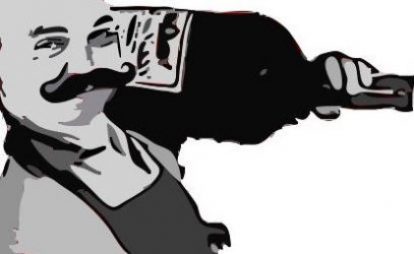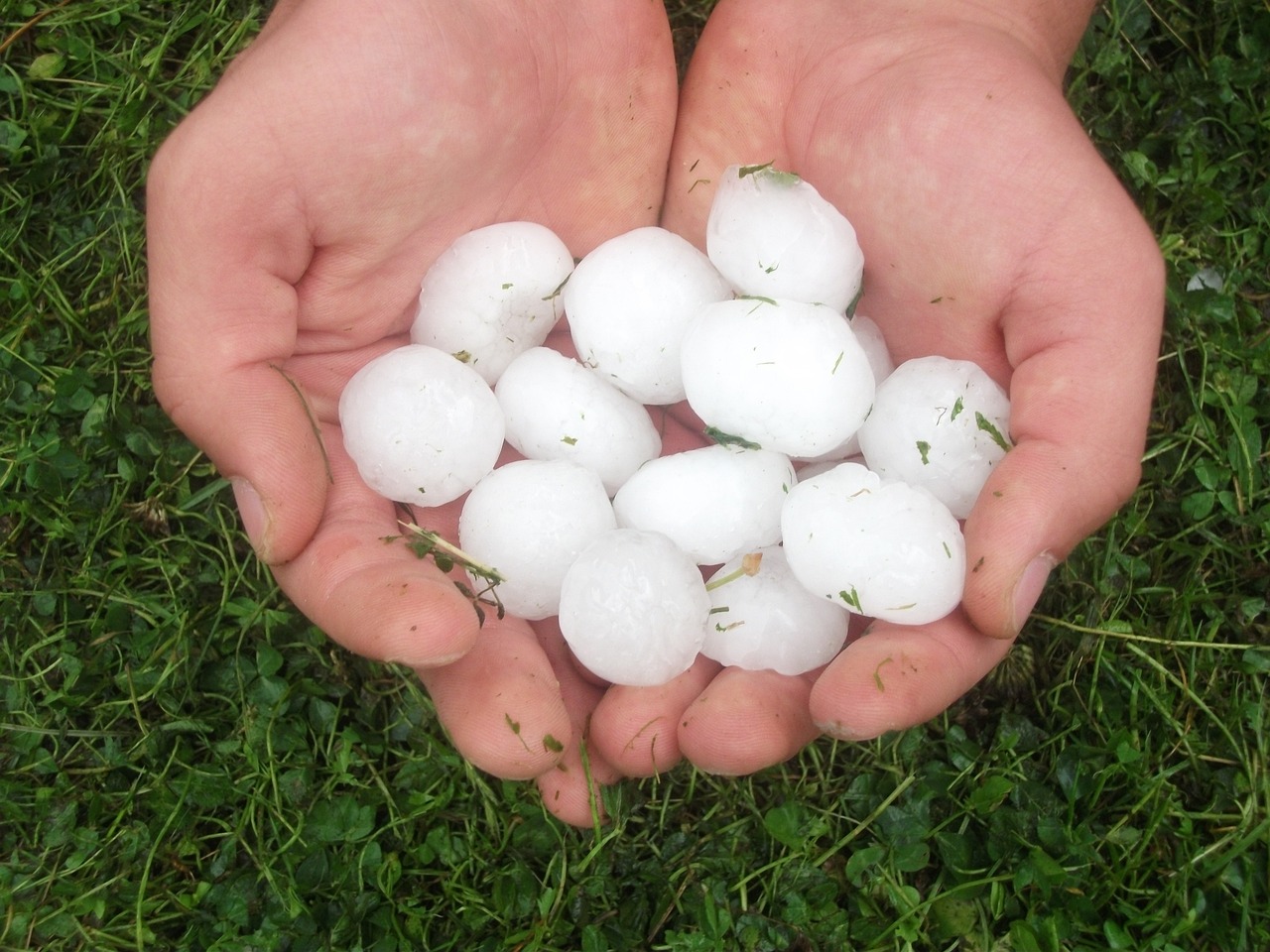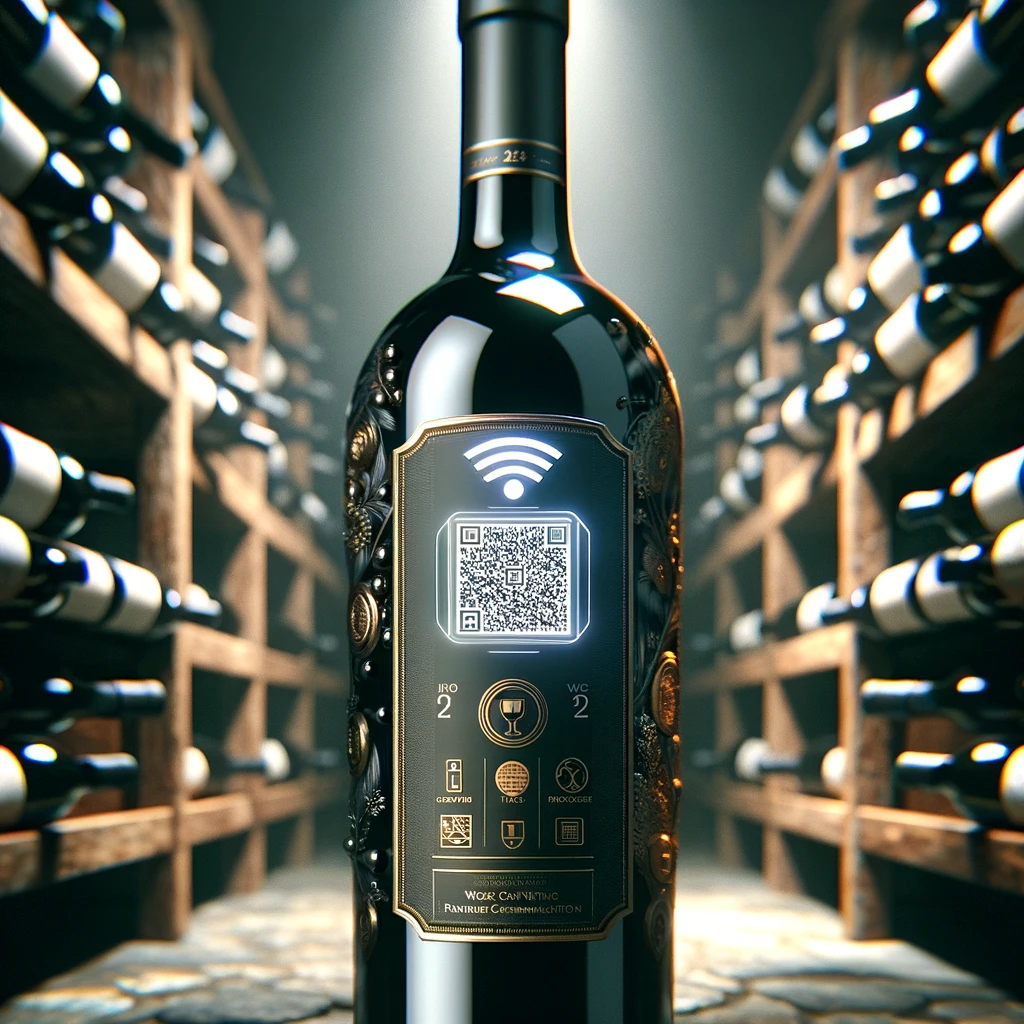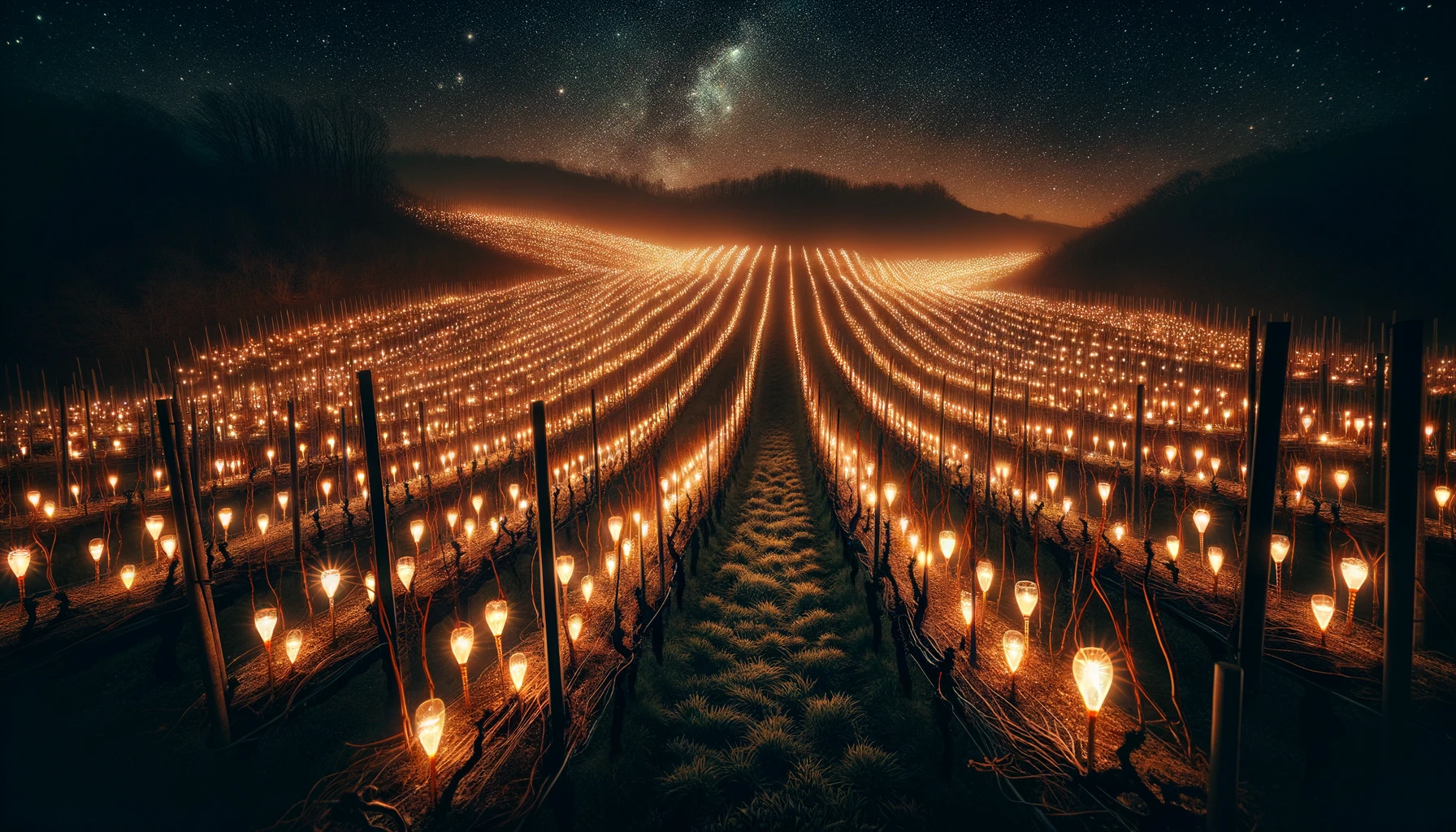Wine producers are busy bringing in the harvest and I myself will lay hands on some grapes, so behold! That’s obviously not all that matters in the world of wine. No, there is more brewing and here is our selection in the latest JollyCellarMaster Weekly:
Wine Education in the Time of Corona and Legal Battles Galore
A Sea of Wine Geeks
The biggest news in the world of wine last week was possibly the lack of a JollyCellarMaster weekly, but I believe to have a good enough excuse: I was busy sitting an intensive refresher course courtesy of the Weinakademie Rust, which culminated in the exam that could elevate me to start the fourth and final WSET level any time soon – if successful, of course, but I will keep you posted.
The Austrian Weinakademie is one of many institutions that allows you to sit a number of courses that form part of the system established by the Wine and Spirits Education Trust (WSET) and some other courses as well. Interestingly and coinciding with me sitting the level 3 exam, the organization announcedthat a record number of students take WSET qualifications over last year.
According to the statement published on their website, in the last academic year (2020/21) a total of 108,584 students took a WSET qualification through the organisation’s global network of course providers. This represents a 12% increase on 2019/20 and exceeds the previous record of 108,529 candidates in the organisation’s 50th year (2018/19).
Now, does that mean that the courses have become more popular due to a growing importance in the industry, are more people getting into the wine sector, or did some of us have too much time at our hands during the pandemic? The answer could be a combination of all of the above and more. I’d rather not speculate and remain instead concerned about the growing competition – as if it wasn’t tough enough already, right?
The Best Investment
One thing that might attract more people to the wine industry could be its growing importance as a collector’s item. That’s at least what you could take from the numbers that prove that wine beats scotch and Hermès bags as top luxury investment.
The Guardian writes that “interest from collectors helped wine see off competition from watches and cars to top Knight Frank’s luxury investment index, with prices of investment-grade wine rising 13% in the year to the end of June. That performance beat watches and cars into second and third place with gains of 5% and 4%.“ Over a ten-year period that is 119% meaning you more than doubled your money. Not bad, but not the kind of thing that fascinates me about wine.
Only a few weeks ago, we discussed here the rapid rise in value of second wines from leading Bordeaux estates over the last decade or two. Back then I asked the question „whether it actually makes sense to put that much money into the second growth of a prominent producer if you could buy a first wine from another, less popular for the same amount or less“? Another question I did not touch upon though is what all this wine collecting/investing means for the regular drinker of wine. If more and more wine becomes a collectible or is treated like any other asset it will be difficult to get your hands or eyes on it or have you seen anyone who showcases his equity certificates above the fireplace (not that you would want to store wine above a fireplace, obviously). So, the chances are getting slimmer that we actually drink these wonderful wines. Unless, of course, we are willing to cough up more money for it than we used to.
In Court and on the High Seas… (the sequel)
…We are all in God’s hands, was the idiom I shared with you regarding the court decision in favour of Champagne producers. Well, there are more legal wine news this week, so we might pick up on that saying. First, there is the ongoing dispute between Prosecco and Prosek. If you don’t know what I’m talking about, it is basically about Italy and Croatia locking horns over the denomination of some of their sparkling wines. Croatia had sent a request to get EU protection for its sweet dessert wine called prošek, which produced in the southern area of Dalmatia. That didn’t go down too well with the Italians who see a conflict with the protection of their PDO Prosecco, the famous sparkling wine from Northern Italy.
The battle has entered the next round as the EU commission has consented to the publication of the request in the official EU journal. It’s part of the procedure and doesn’t signify any decision in either way. On the contrary, when the Minister of Agricultural Policies, Stefano Patuanelli, relayed the news to the Italian Senate, he pointed out that it would allow Italy to oppose the request and state their reasons. In other words, there is more to come, so watch this space.
The other interesting legal news of the week reach us from Bordeaux where two prominent producers are facing up to five years in prison for manipulating the rankings of their wines within the Saint Emilion classification system in order to push prices up. The people in question are Hubert de Boüard, owner of Château Angélus, and Philippe Castéja, owner of Château Trotte Vieille. They stand accused of allegedly rigging entry to the St Emilion classification system, and their rankings within it, in order to unfairly inflate the price of their wines, which are classed as Grand Cru Classé A and B status respectively. That is particularly interesting since only a few months ago two of St-Emilion’s heavyweights decided to leave the famed classification system. Château Ausone und Cheval Blanc sat at the top of pyramid and left with open criticism that they had ‘noticed a profound change in the philosophy of the classification, especially regarding new criteria that amount to “marketing drift”, such as the importance of product placement, how often an estate appears in media, including PR and in social media, along with wine tourism infrastructure’. It was a thinly veiled accusation in the direction of Angelus and others who, in their opinion, had joined the highest echelons of St. Emilion.
The case against Angelus and Trotte was filed by the owners of three other Chateaus. They in turn had failed to make the cut or couldn’t acquire the system’s coveted Grand Cru Classé status, so understably they weren’t too happy about. That is in particular so since it isn’t only about fame but can result in a significant increase of wine prices by about 30%.
The legal battle in itself has been ongoing since INAO published its new classification for St Emilion in 2012, which is reassessed every 10 years, and the latest installment in the saga saw the defendants appear in court this week to answer the charges.
It is going to be interesting to see how this all ends, especially in light of the recent turmoil caused by the leaving of Cheval Blanc and Chateau Ausone as well as the upcoming review, which is due – yes, your calculations are right! – next year. I told you it was interesting, isn’t it? To be continued…
—
So, that’s it for this week! Having said that, if you have an interesting story to tell or simply want to chat about wine as a guest on the Podcast, connect on Twitter or drop me a line. And if you want to stay in the loop about things happening at the JollyCellarMaster and the world of wine, make sure you sign up to our newsletter.
—
Disclaimer: As always, I’d like to be completely transparent about affiliations, conflicts of interest, my expressed views and liability: Like anywhere else on this website, the views and opinions expressed are solely those of the original authors and other contributors. The material information contained on this website is for general information purposes only. I endeavor to keep this information correct and up-to-date, I do not accept any liability for any falls in accurate or incomplete information or damages arising from technical issues as well as damages arising from clicking on or relying on third-party links. I am not responsible for outside links and information is contained in this article nor does it contain any referrals or affiliations with any of the producers or companies mentioned. As I said, the opinions my own, no liability, just thought it would be important to make this clear. Thanks!




